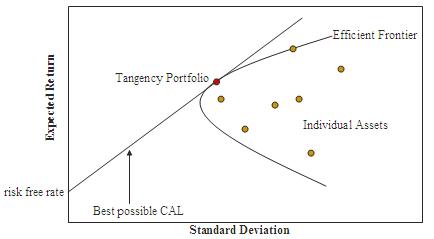In a nutshell, a demo should properly demonstrate technical aspects with sufficient artistic appeals.
The technical part is usually more important, and can suffice alone for many science and engineering disciplines. However, the artistic part is also very important for graphics and HCI, or any fields which involve direct human perception and consumption.
Demos usually take a lot of time and efforts, on top of the usual workload in ideation, writing, algorithm, implementation, and experimentation. And whether you like it or not, a solid and novel algorithm cannot be adequately assessed or appreciated by the readers if it is not demonstrated through proper demos.
Thus, designing demos is kind of an art. Below are recent suggestions from Sylvain Lefebvre which I have found to be excellent.
A guideline that worked fine for me is to consider whether 1) the result demonstrates the technique properly and 2) the result looks just good enough that it appears useful; in particular we want to avoid people think that the example is contrived to only show the advantage of our approach.
The problem is that 1) and 2) sometimes compete with each other (e.g. a fantastic rendering possibly making it hard to properly see the motion, etc.). Also we do not want to spend too much time on 2), only enough that people will think that it is convincing.


